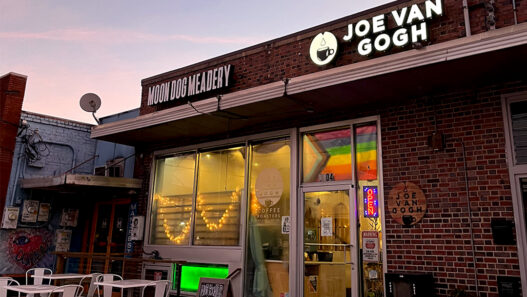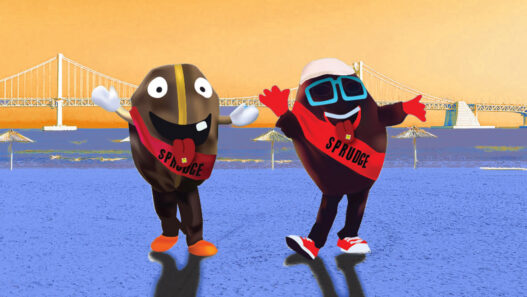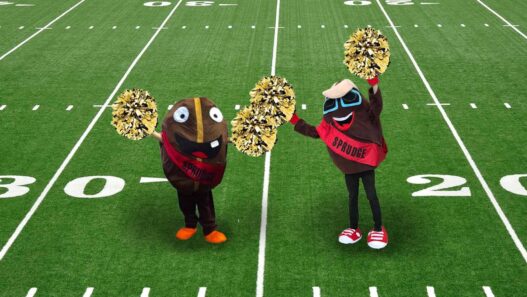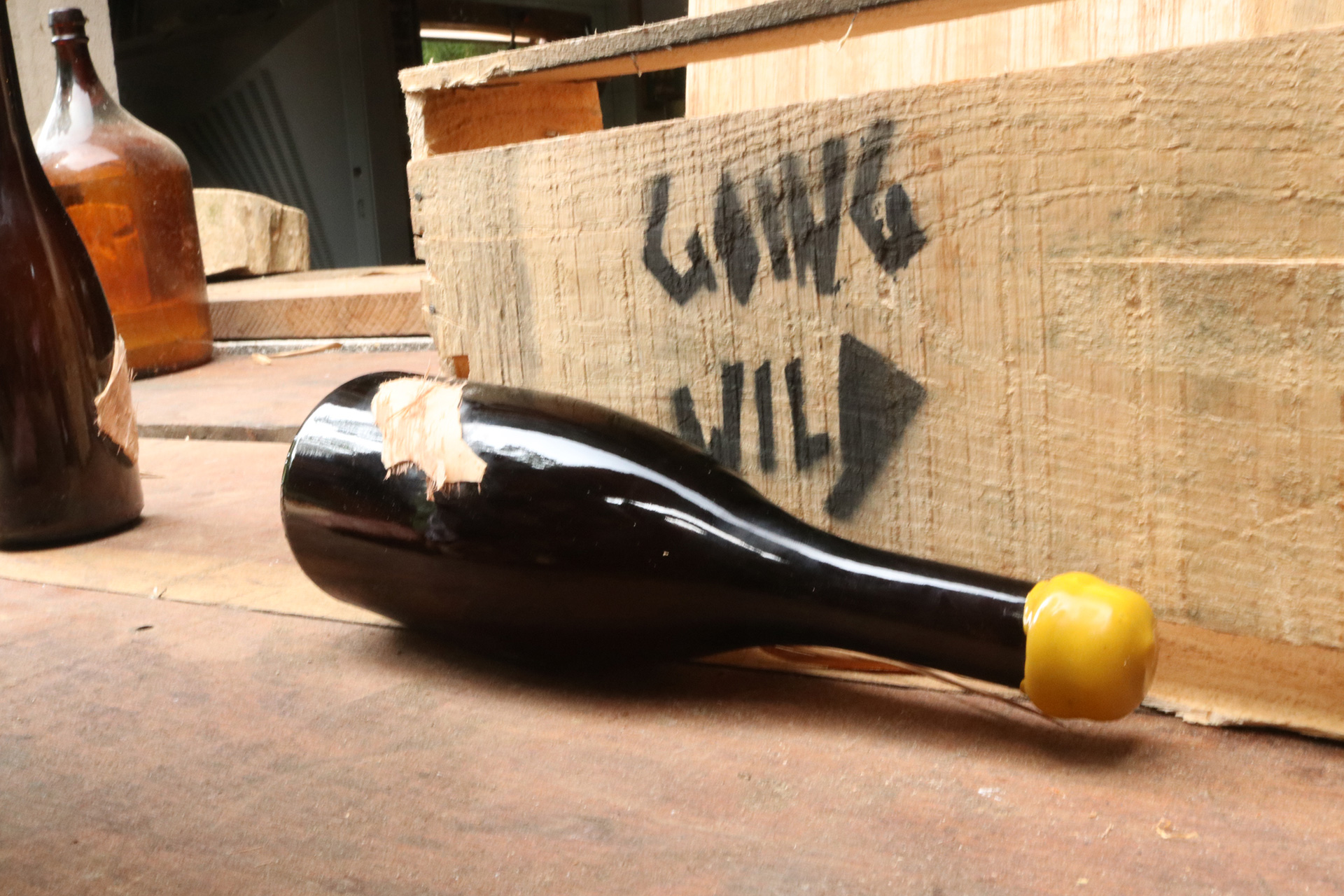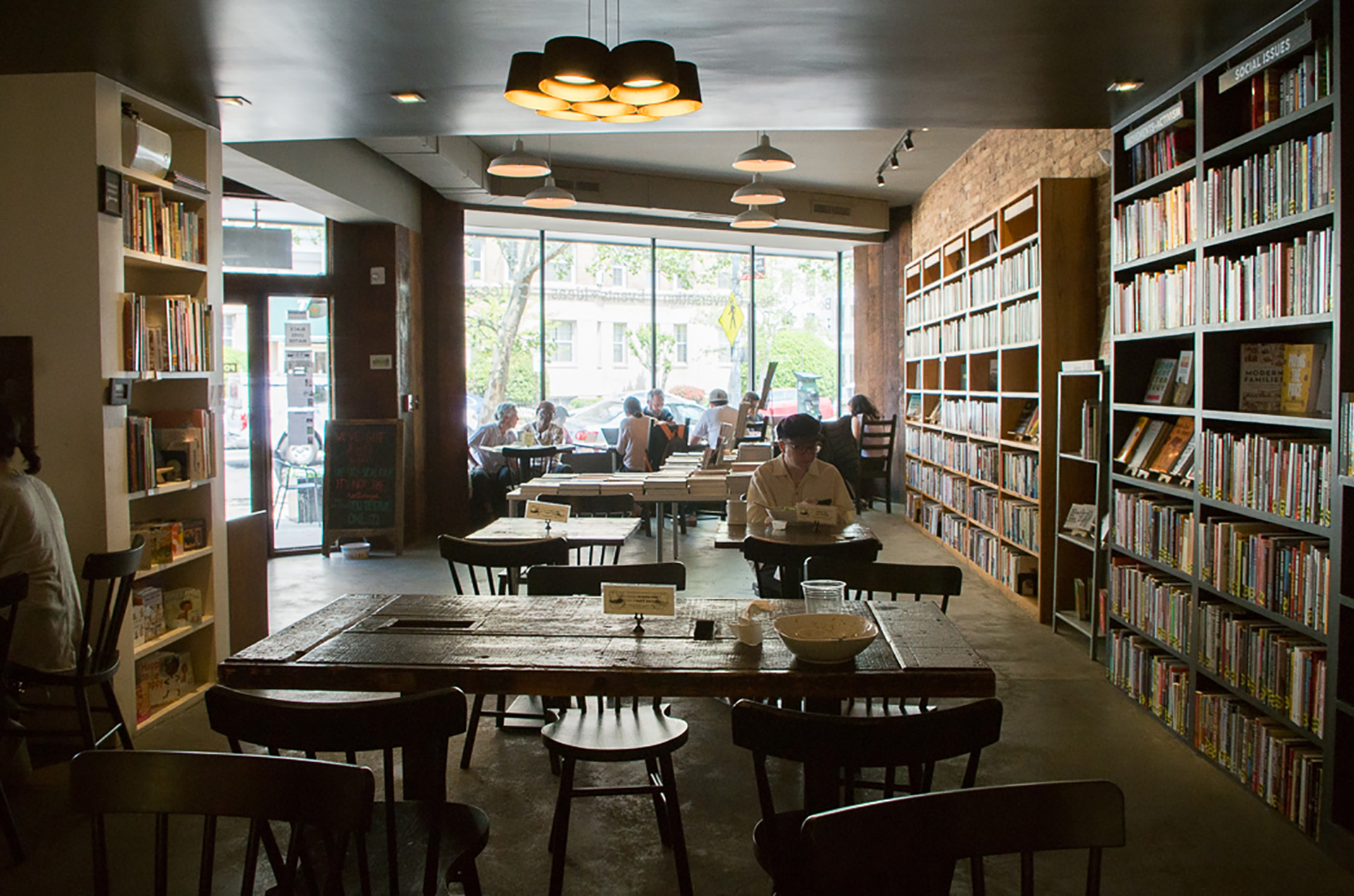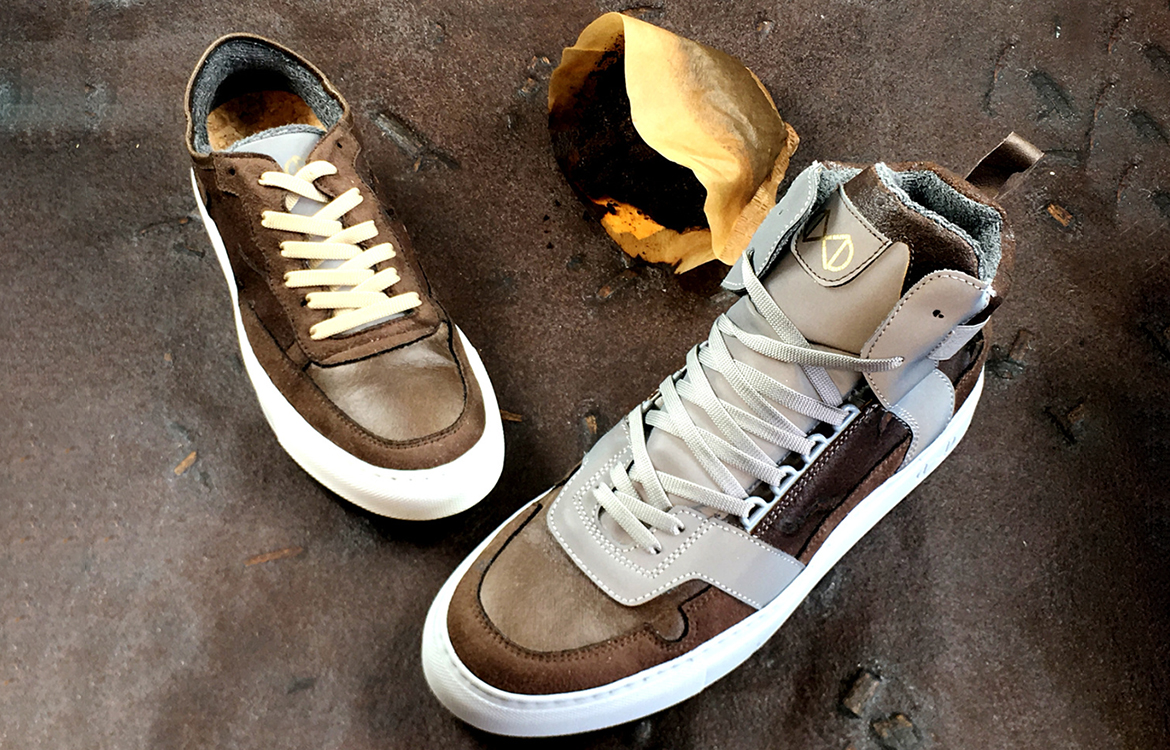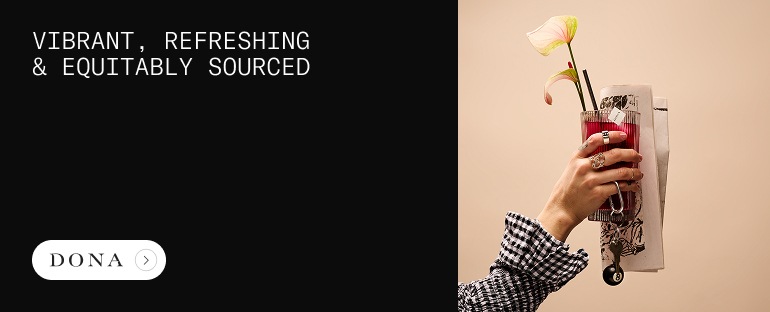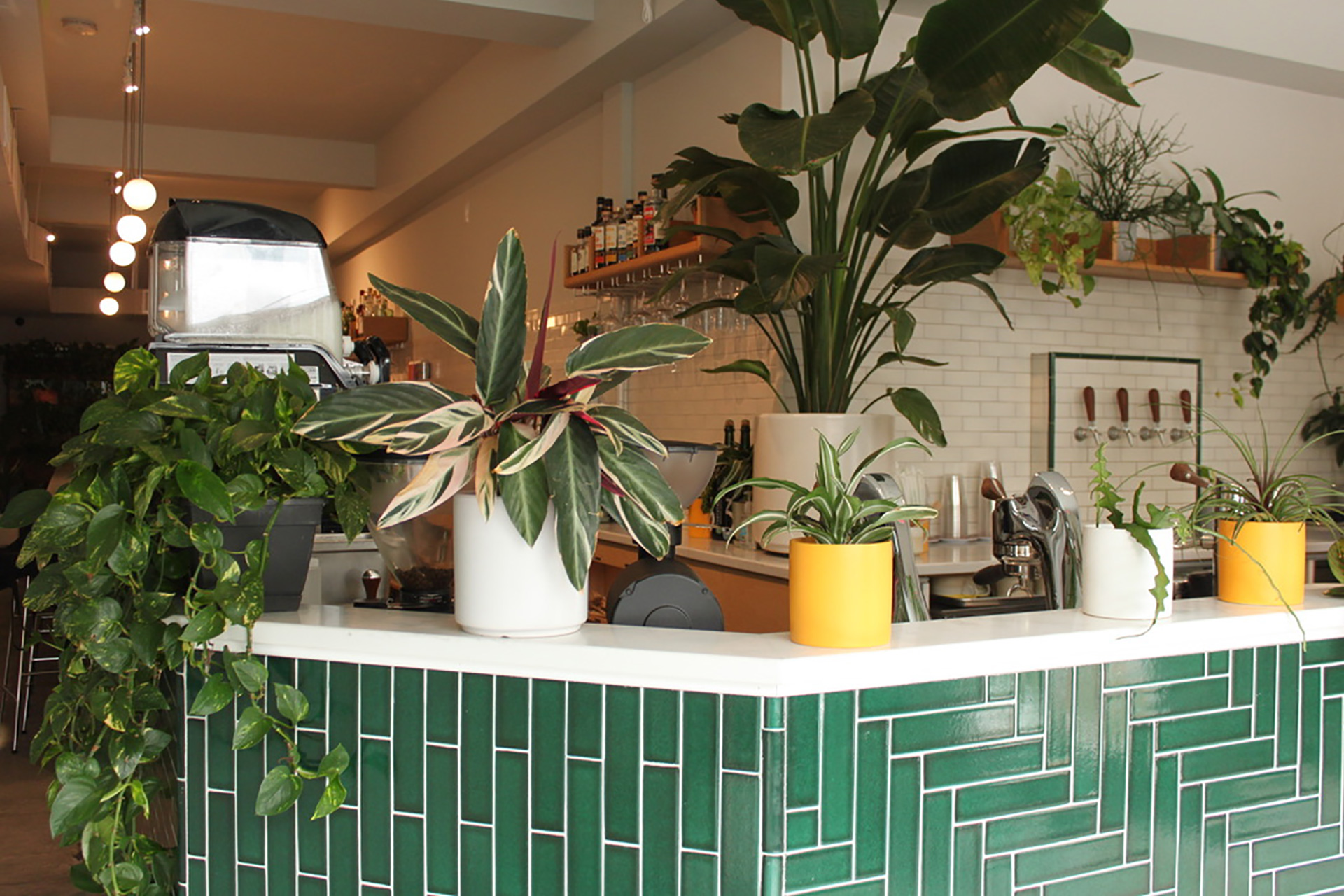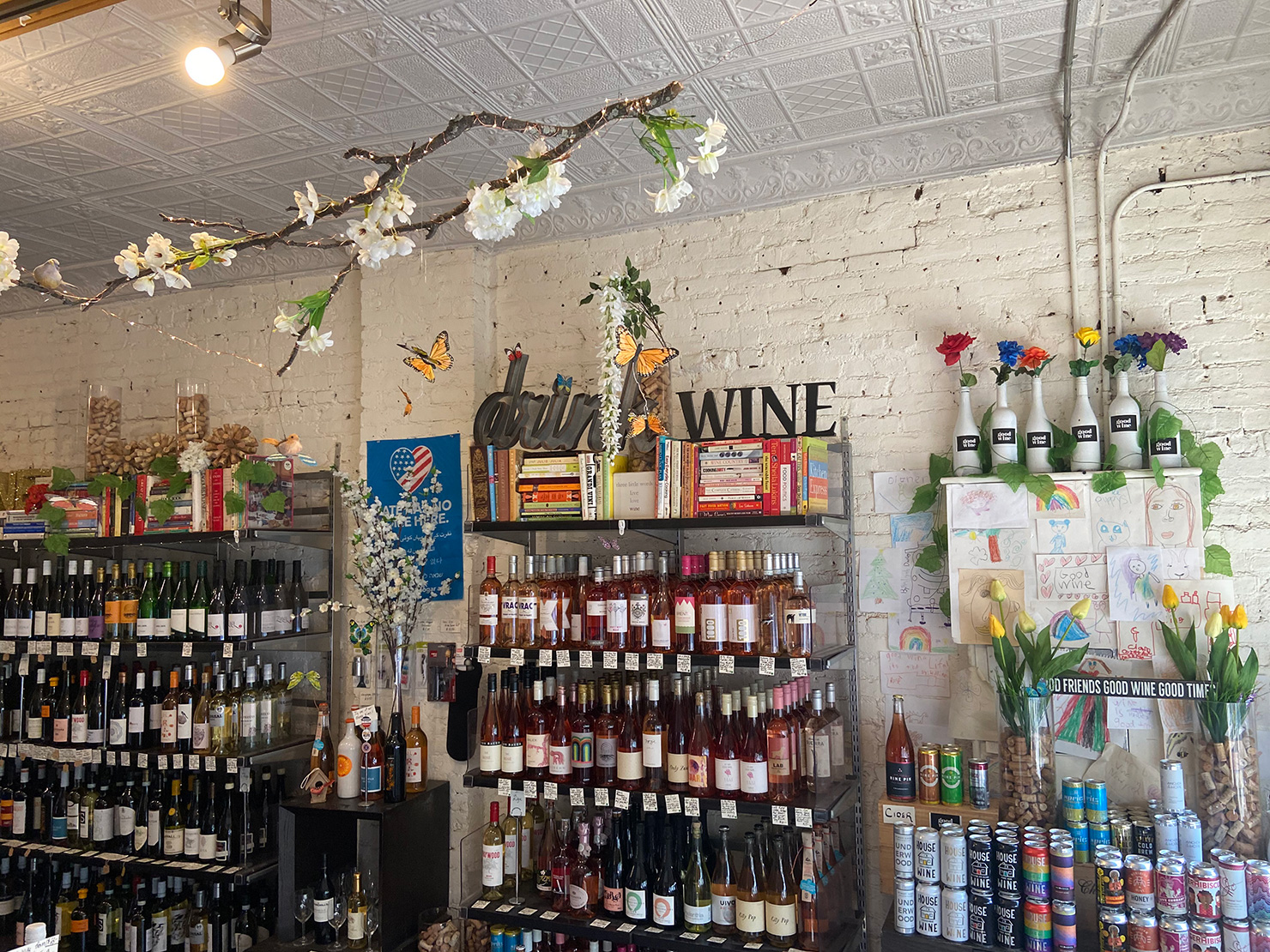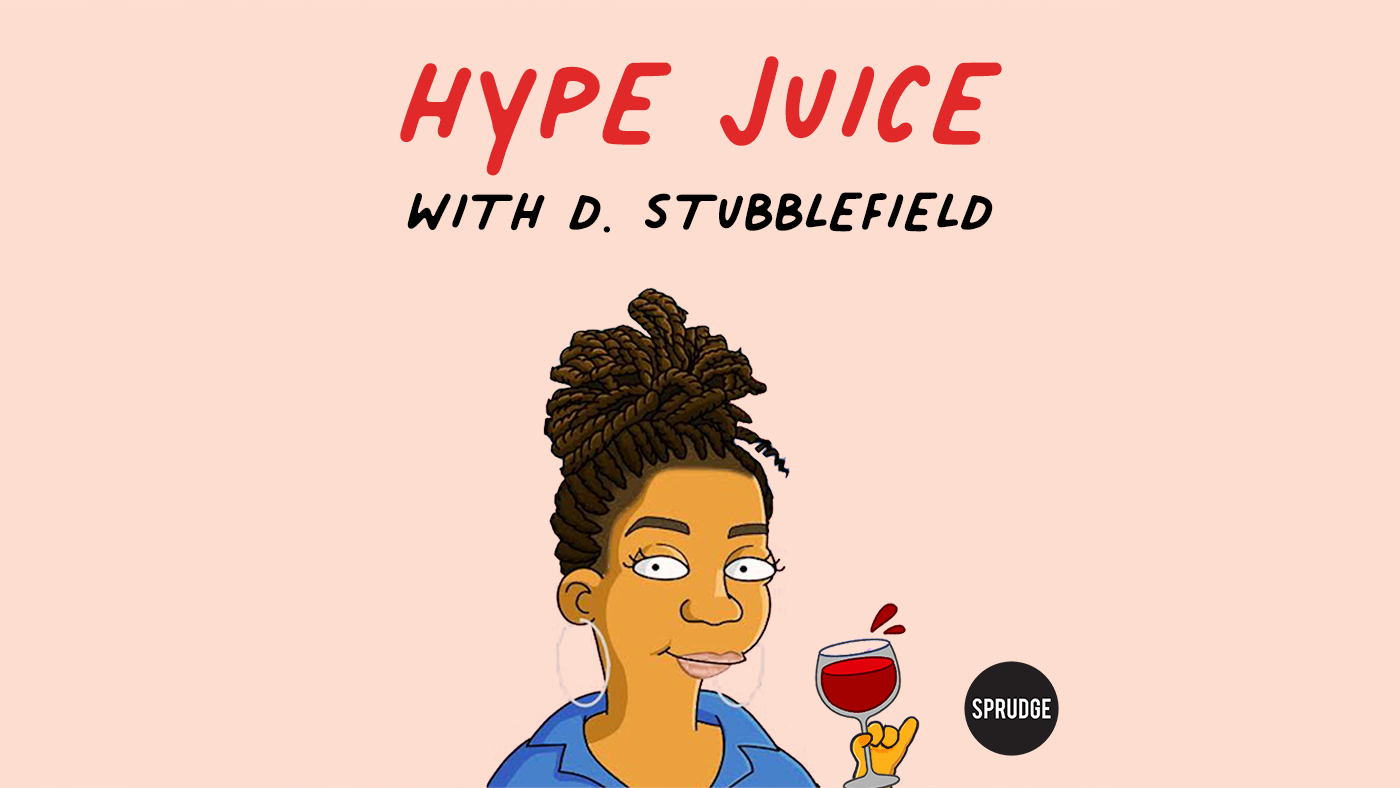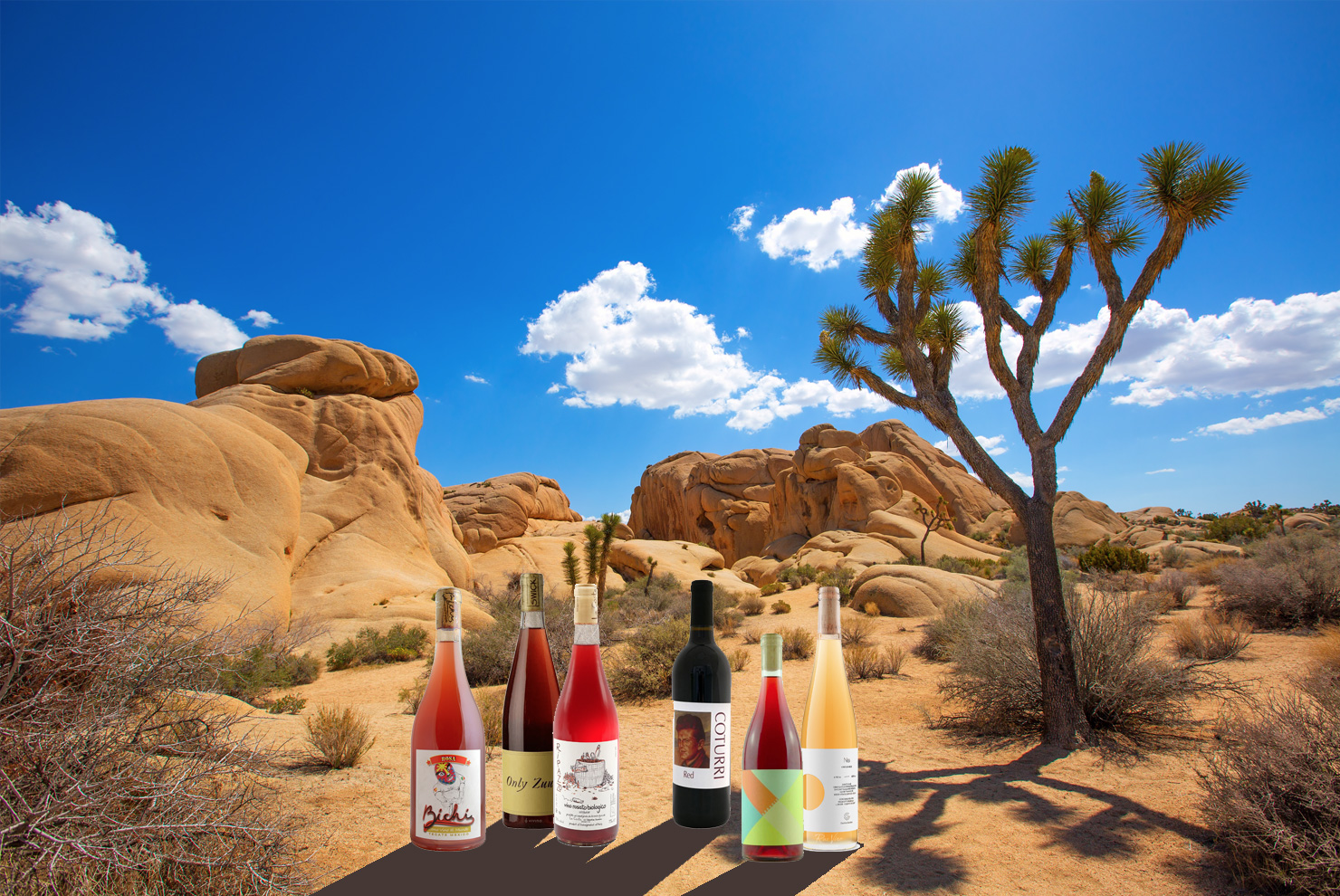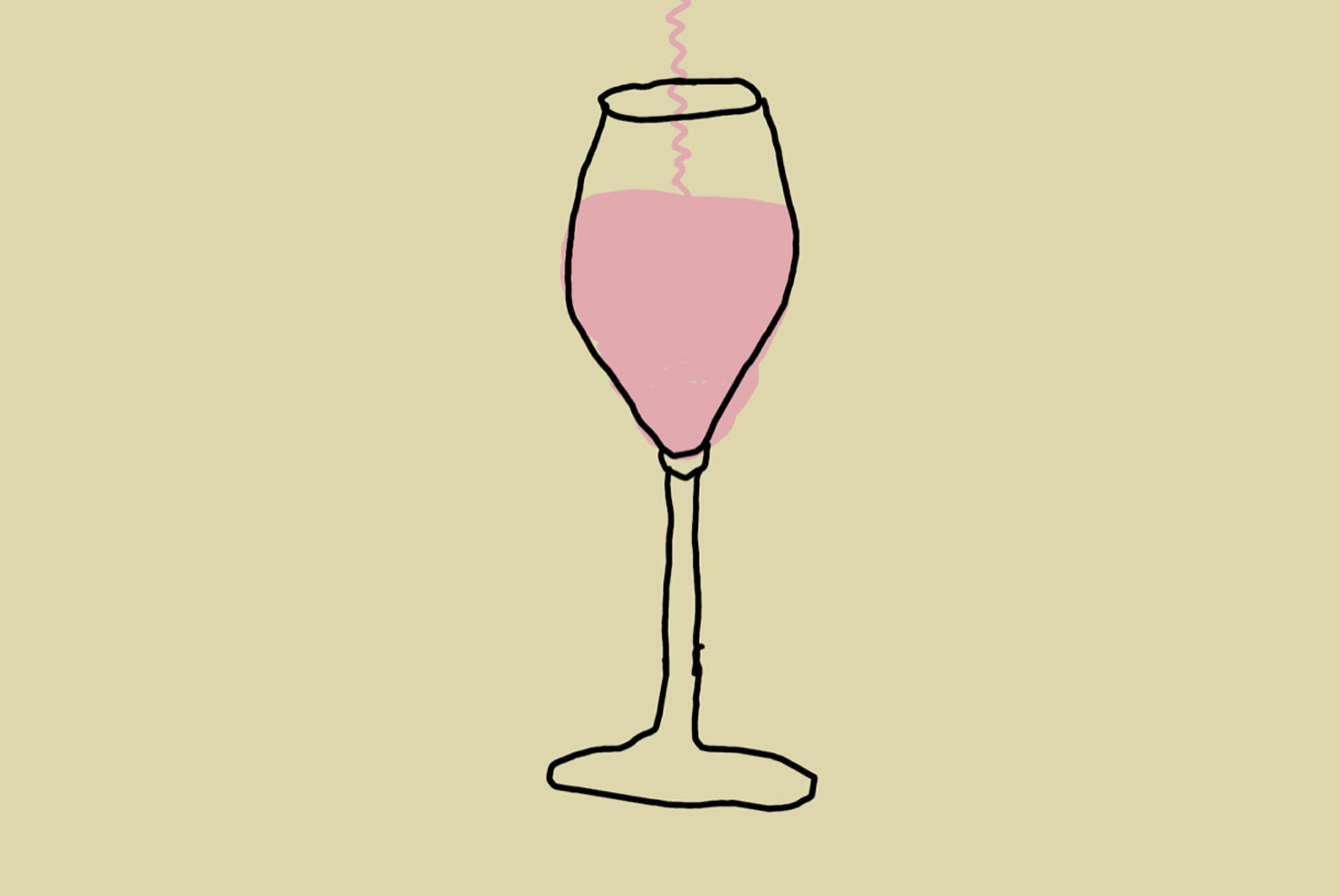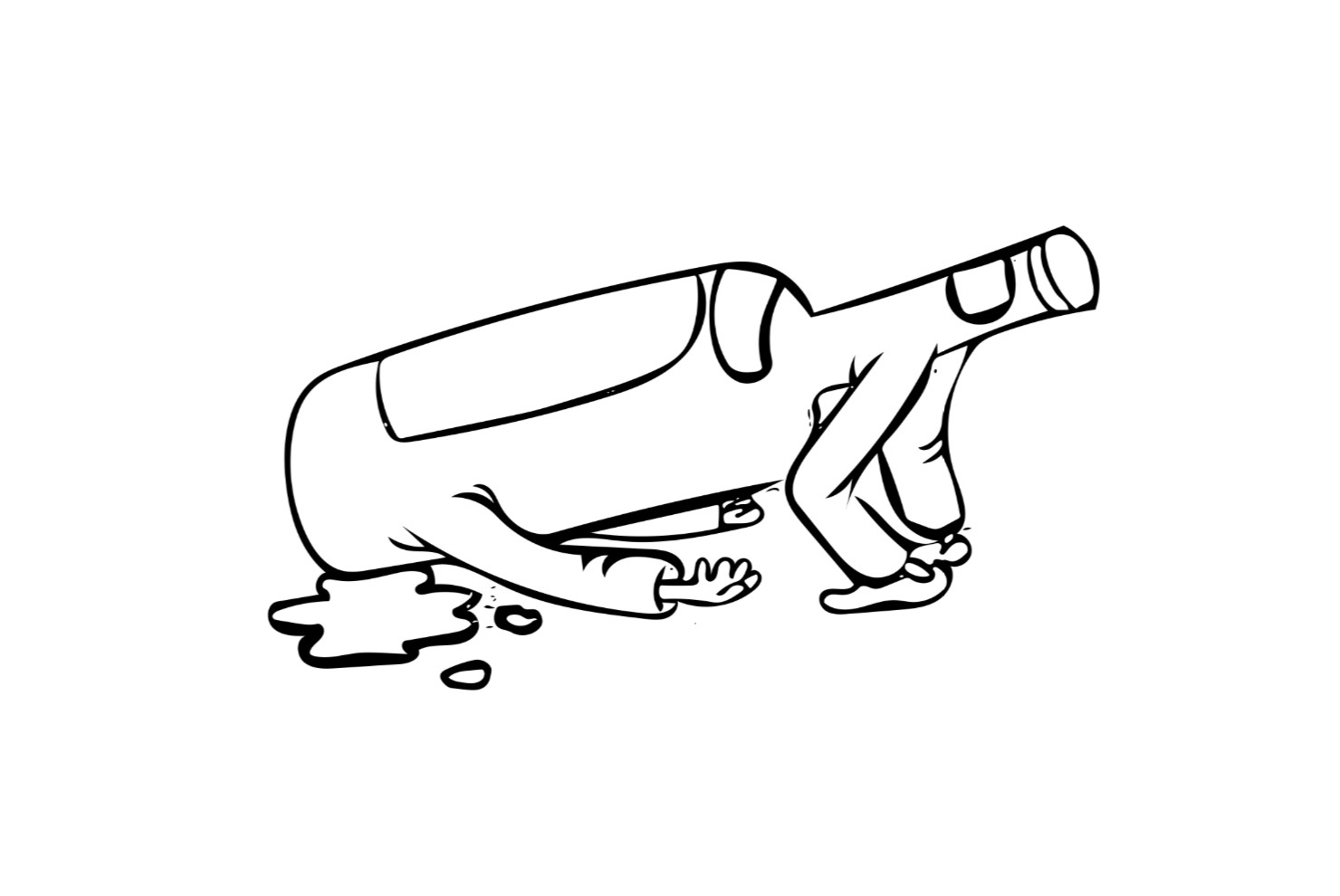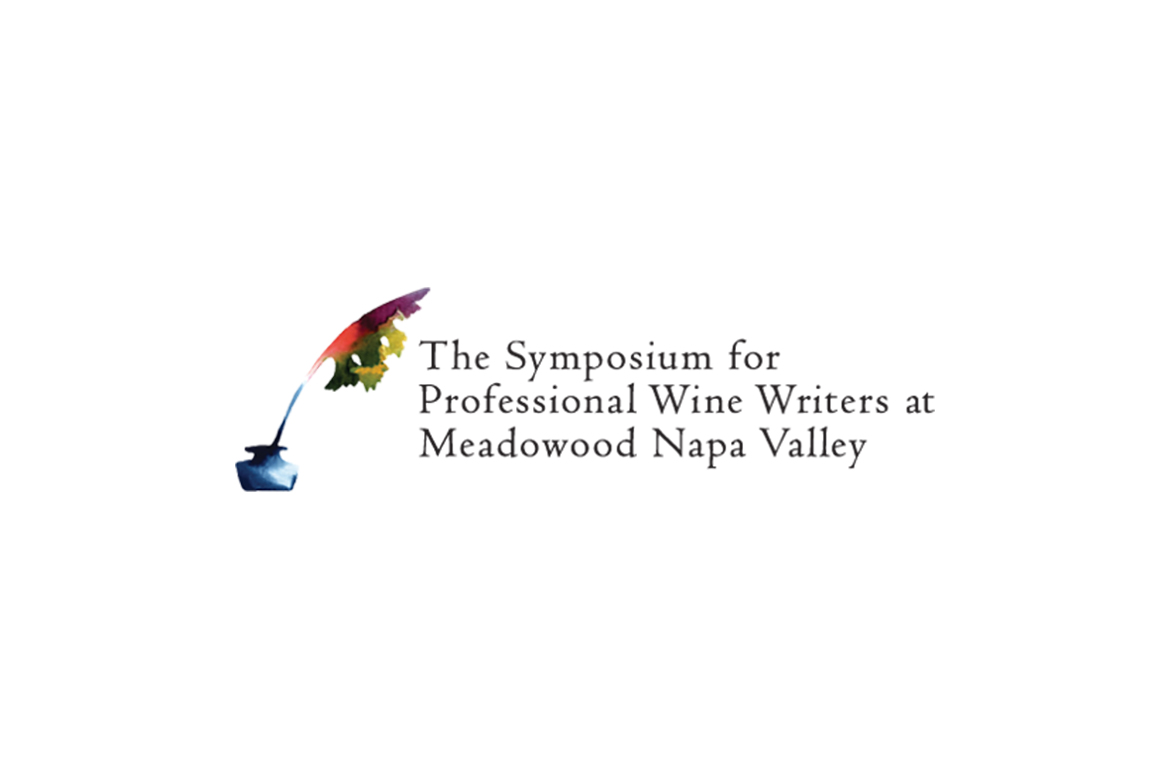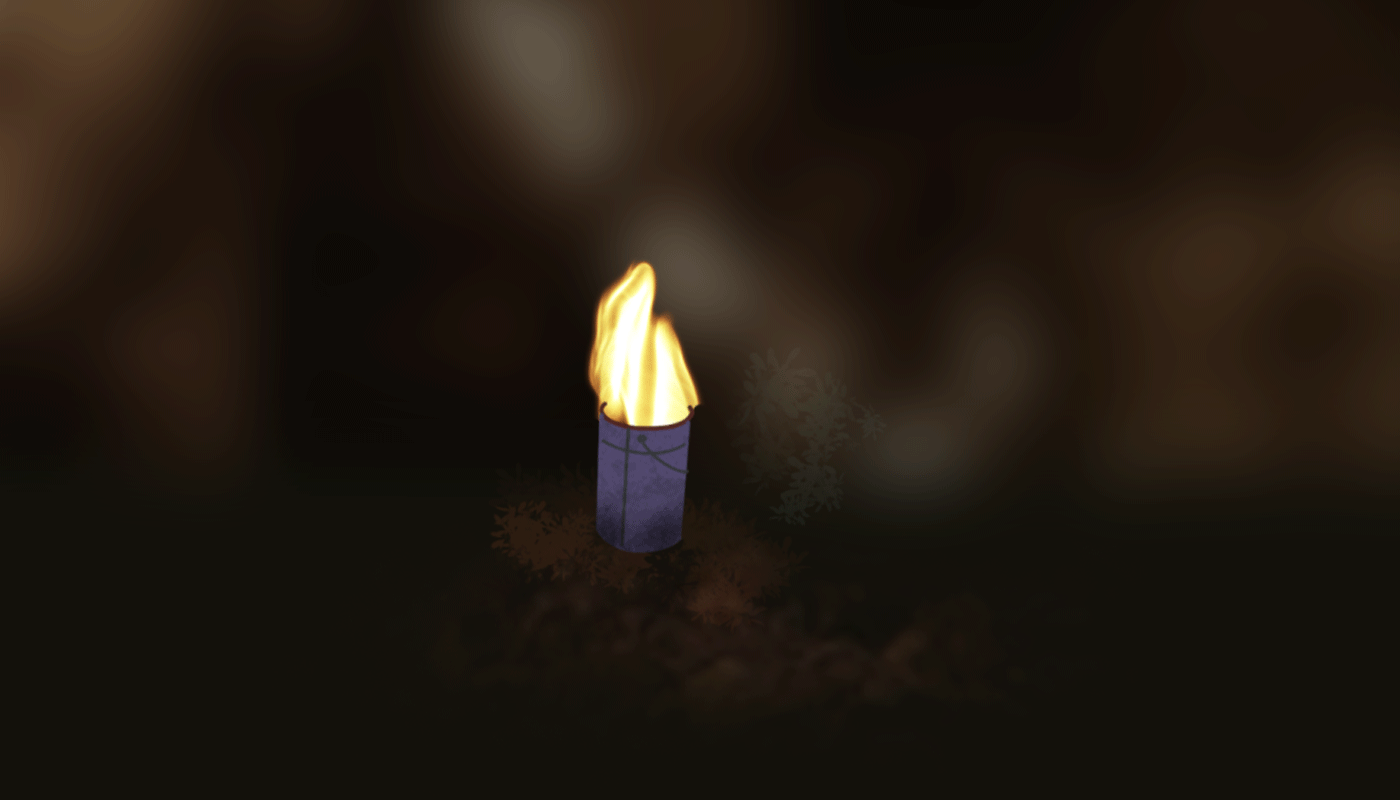In an unlikely location in the middle of the Cantareira State Park, a 30-minute car drive from downtown São Paulo, we will soon be able to find grapes grown for natural wine production. The Cantareira area itself surrounds one of the few remaining plots of Atlantic Forest in the state of São Paulo, just north of the city. It feels nothing like São Paulo, where green areas are hard to come by. Yet it lies close to that concrete jungle and boasts spectacular views of the city.
This will be the first time a winery is established so close to the city center. It all came about in November of 2017, when partners Antoine Le Court, Gregory Chastang, and Ídolo Giusti Neto started making wine and beer in the middle of Giusti’s family three-hectare property surrounding the park. The plan is to start producing agroforestry grapes in that area by the end of this year.
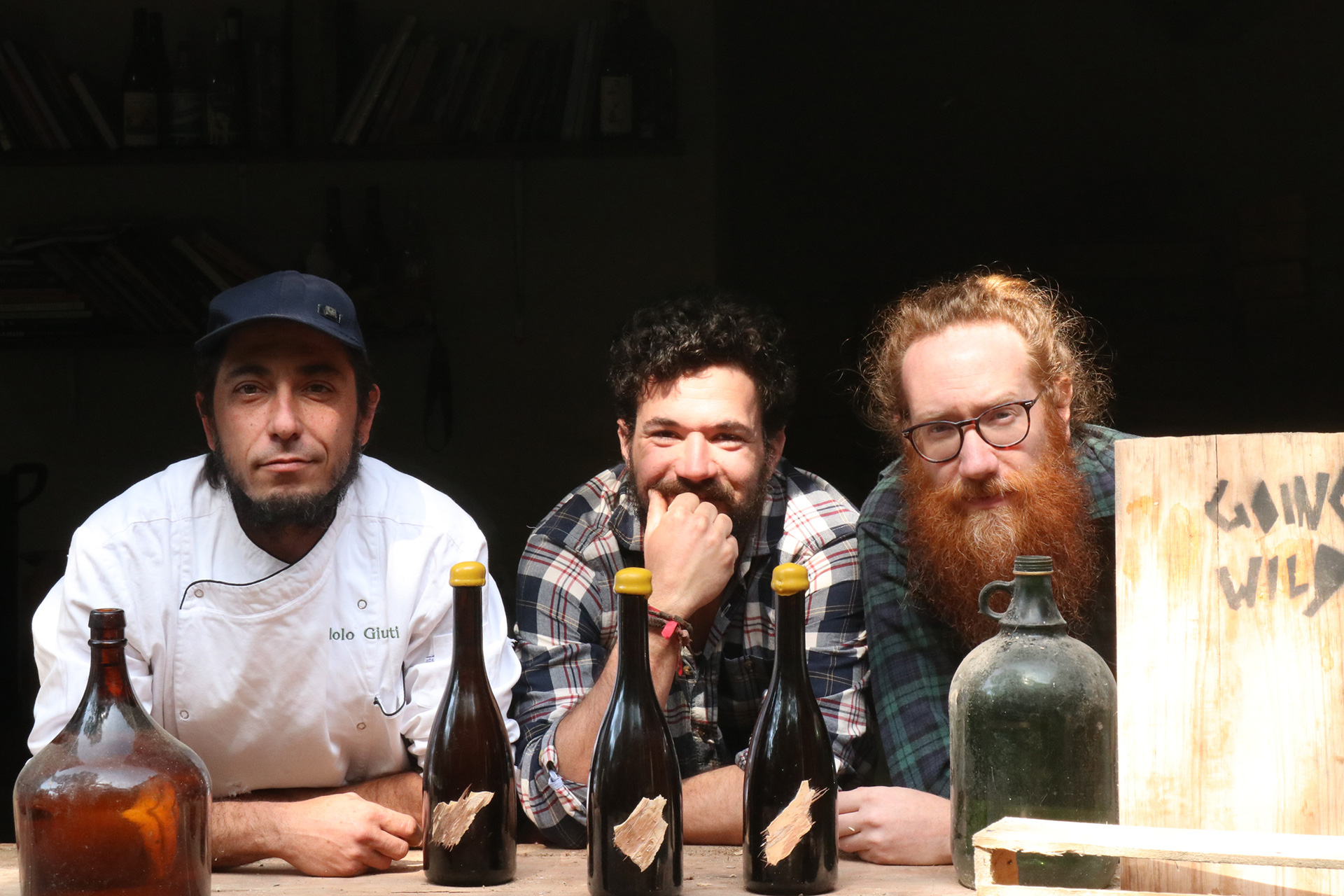
Giusti’s grandfather was once one a guard at Cantareira State Park, so he grew up learning from him about the native vegetation. The park today is covered with dense rainforest in various stages of regeneration. Giusti’s grandfather produced honey here, and Giusti started playing with fermentation under his grandfather’s influence, eventually producing hydro-honey, which is a mix of water and honey that undergoes fermentation.
Le Court, a French national, came to Brazil one year ago, but he has worked as a winemaker in many places during the last five years: Australia, New Zealand, United States, Chile, and the list goes on. He met Lis Cereja, owner of São Paulo’s Enoteca Saint Vincent, an organic restaurant and natural wine shop, who told him to come see the wine scene here. He came and bought a Volkswagen Kombi, intending to brew some beer in the Kombi as a means of living until he found a place to make wine. But as fate intervened, the Kombi was stolen, he ran out of money, and instead started brewing beer at Chastang’s kitchen. There, he was introduced to Giusti, who would supply good water for his brewing project from his family’s property in the Cantareira forest. Giusti not only provided the water but offered to move his project to the forest, where they could make not only beer but wine too.
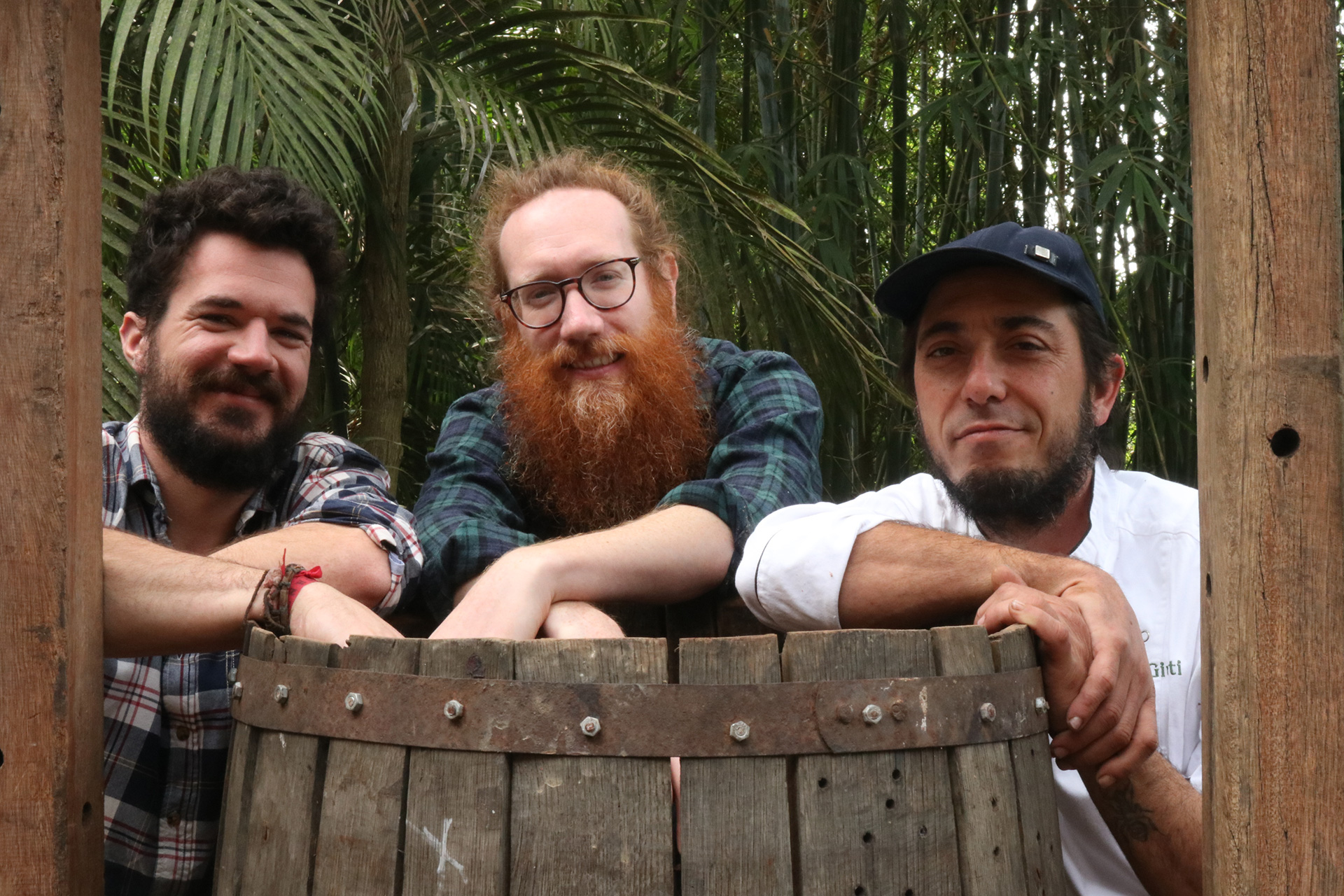
The idea of making wine out of jabuticabas—a thick-skinned berry that encases a sweet, white or rosy pink gelatinous flesh—came out of a seasonality challenge—Le Court wanted to vinify but it was not grape season in Brazil. Giusti knew that there was an organic jabuticaba surplus from small producers of Minas Gerais he knew, then they set out to experiment with it.
“What upsets us is that jabuticaba is a noble fruit, it yields a very decent wine, and there is no one else experimenting with it, for not having the right technique,” says Giusti. “We needed to do a very short maceration period because jabuticaba has a lot of tannins, it can be aggressive to the palate. The perfect decision was to go for a sparkling wine since the fruit is so rich in acidity,” explains Le Court, the winemaker. “Our next goal is to make white wine out of jabuticaba, we’ll see how it goes,” he adds.
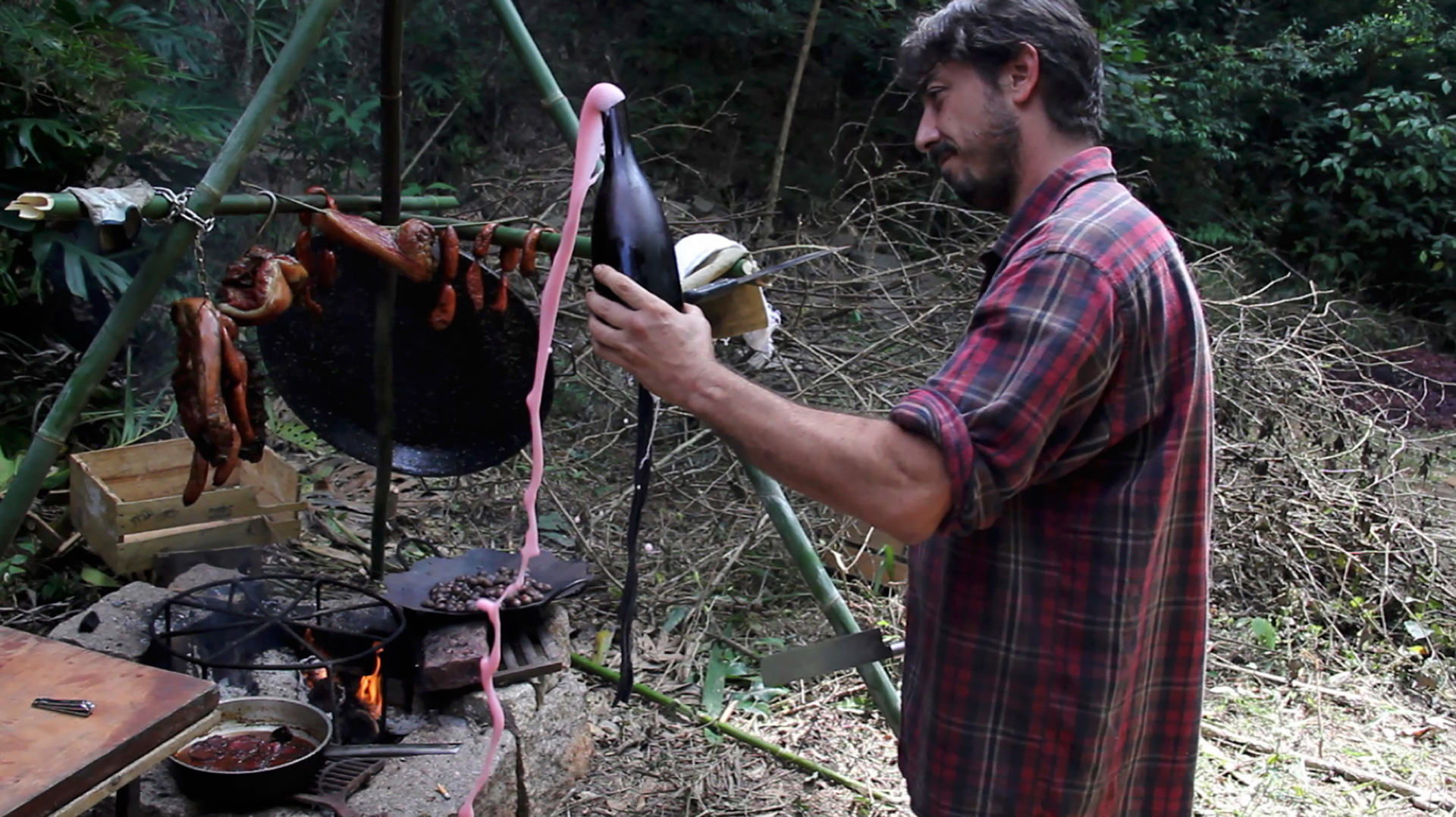
For the grape wines, Giusti first suggested they start with Niagara grapes, a table grape that Le Court now recalls being “too fragrant, a grape for children.” Nevertheless, he performed the task at hand, employing a large maceration period so that the heavy aroma could partially fade. In the end, it worked out and he enjoyed the result—it proved to be a way to make affordable, decent, organic wine just outside of São Paulo, something unseen until then. “This was really special for us because this producer’s grapes went through a hailstorm and he had no destination for them. We were able to generate income out of it, for a grape that was going to waste,” says Giusti.
Le Court stresses that they aim to produce cheaper versions of organic and natural wines so that people can start consuming them on a daily basis. “To me, wine is food. I don’t see a problem having a bottle a day, as long as it is a real natural wine. I say real because there are a lot of approaches to natural wine producing in the world, like people who don’t add yeast but use “a little bit” of sulfite. To me, that is already an intervention.” Le Court is strict about natural winemaking: organic grapes and nothing else.
For the beer, Le Court takes the same approach, not adding industrial yeasts, but also taking all of Giusti’s acquired knowledge of the Mata Atlântica, the tropical forest biome where Cantareira is located. In each beer edition, they use one fruit from the forest, adding it fresh so it undergoes fermentation inside the beer. One of the outcomes of the beer project was a dark sour beer with uvaia, a bright, acidic South American fruit that is common to this area. “We are also making the beer with wood fire, wood that was discarded by some neighbors here. It’s nice, I quite like the process. It’s more difficult to control the temperature, but I don’t mind,” says Le Court, smiling.
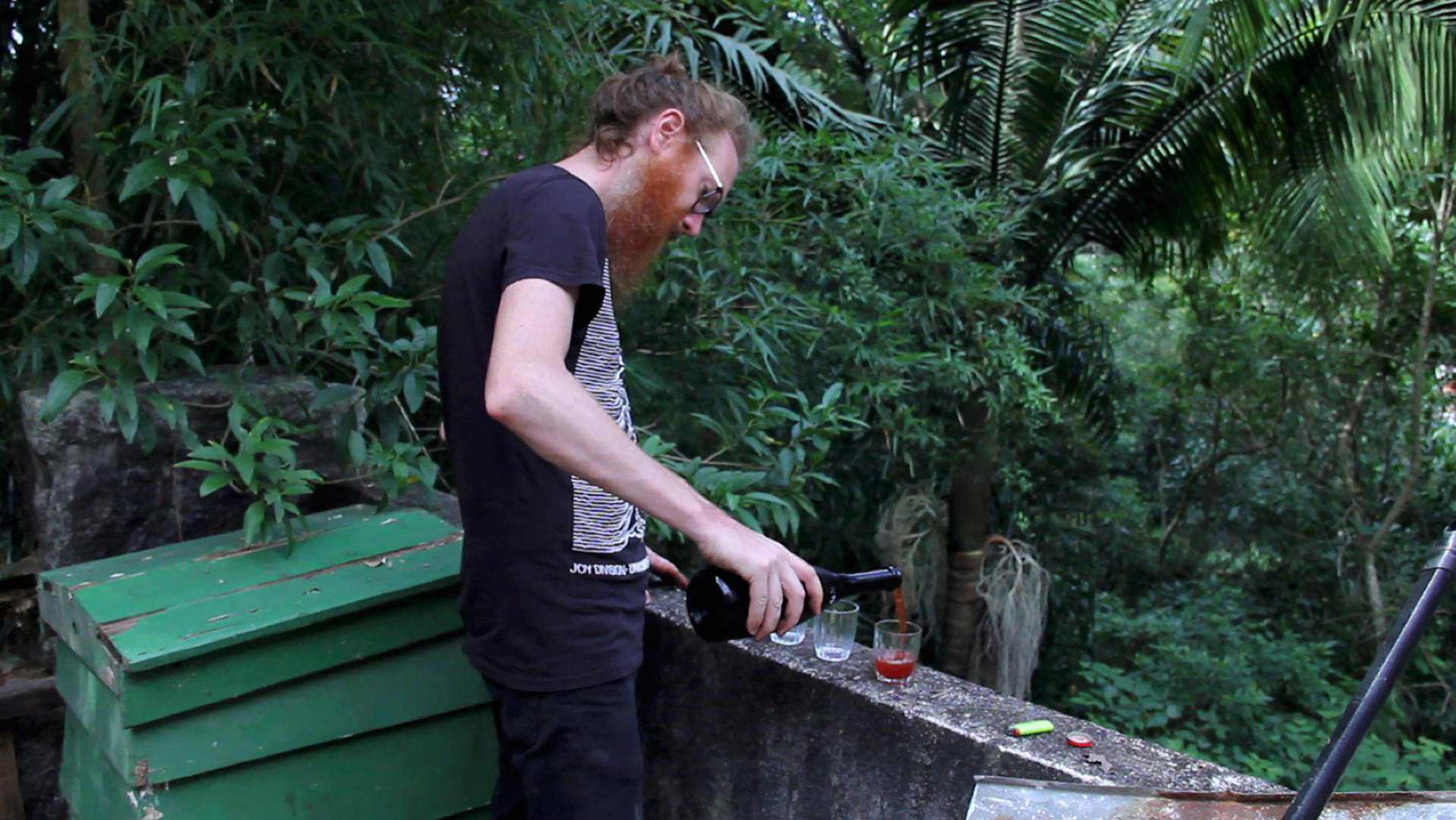
In Brazil, regulations around commercial wine production make small winery operations largely untenable. To legally sell wine in Brazil, a vintner must follow the strict technical and certification standards of the Ministry of Agriculture, Livestock, and Supply—which can require steep investments that are impossible for micro-scale producers like Going Wild.
In practical terms, Going Wild Project falls under the “Colonial Wine” category, that is, once we get into Giusti’s property, it is considered a rural area. If their wine and beer are sold within property limits, they are protected by law and commercialization and is thus legal.
Adding to that, Le Court stresses that the Brazilian consumer is still somewhat new to natural wine, or wine, for that matter. Many still trust social media and a product’s hype before they start consuming it. Many will rave about a label that is not superb in quality, but when they come across a comparable wine that is not well known, they will say nothing. “It came to a point where we had to think: should we raise our prices so that people start appreciating our product? Or do we wait for some consuming influencer to drink it and then the flow of fans will follow suit? That is frustrating,” said Le Court. But thanks to the work of people like Lis Cereja and Bruno Bertolli, natural wine enthusiasts and merchants in the city of São Paulo, Going Wild Project is now finding new customers, who are learning to appreciate it for the right reasons: fine-tasting, affordable natural wine, made with care in a magical setting in the middle of the forest.
Juliana Ganan is a Brazilian coffee professional and journalist.






